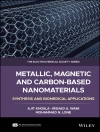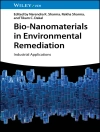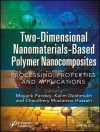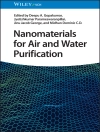This book presents an assortment of case-studies pertaining to the use of sustainable technologies for heavy metal removal and recovery from mining and metallurgical wastes, construction and demolition wastes, spent catalysts and electronic wastes.
Wastewaters from diverse industrial and mining activities have caused pollution problems, but these sectors also serve as a hotspot for metal recovery. Several metal removal technologies based on physical, chemical and biological processes have been successfully implemented in full-scale operation, while metal recovery, which is beneficial for economic and environmental reasons, is still limited due to challenges arising from downstream processing. For instance, microbial recovery (bioleaching) of metals from their ores is an established technology with a number of full-scale applications. Bioleaching of electronic wastes to recover metals is also a highly promising technology with low environmental impact and high cost-effectiveness; yet, this technology is still at its infancy.
As the individual chapters of this book focuses on the applications and limitations of different technologies, this book will serve as an excellent resource for chemical engineers, environmental engineers, mining engineers, biotechnologists, graduate students and researchers in these areas.
Jadual kandungan
Chapter 1 – Life-cycle assessment of metal recovery from electronic waste.- Chapter 2 – Adsorption technology for removal of toxic pollutants.- Chapter 3 – Metal recovery from industrial and mining wastewaters using sulphate-reducing bioreactors.- Chapter 4 – Biological sulphate reduction for treatment of construction and demolition debris.- Chapter 5 – Lead and zinc metallurgical slags mineralogy and weathering.-Chapter 6 – Leaching and recovery of metals from metallic industrial sludges, dusts and residues.- Chapter 7 – Leaching and Recovery of Molybdenum from Spent Catalysts.- Chapter 8 – Biorecovery of metals from electronic waste.












